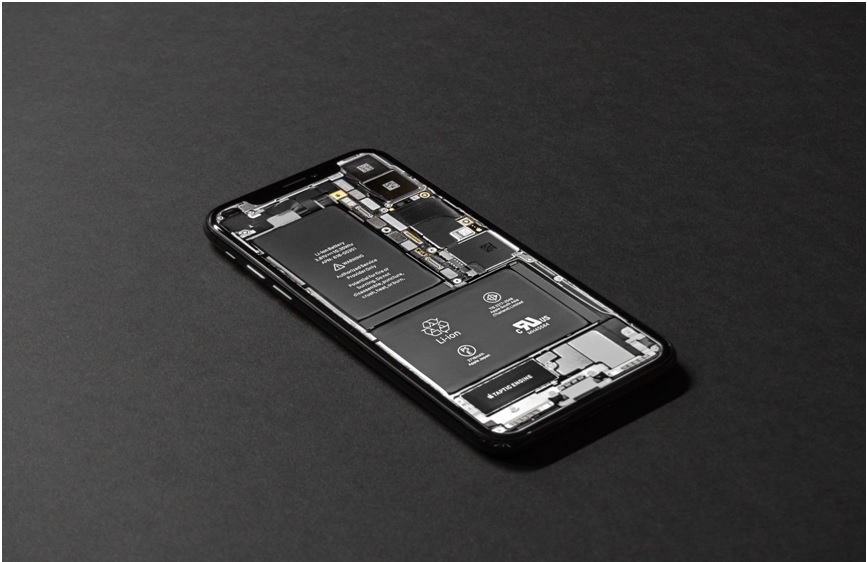Will Fast Charging Damage Batteries?

Many people, including experts, have argued about the impact of fast charging on batteries. Does it cause any harm at all? Or does it cause harm in the long run? We will delve deeper into this topic, in a bid to approve or disapprove of the use of a fast wireless car charger.
One of the most important features that manufacturers use today to market smartphones is the fast charging capability. Almost all of the phones coming out nowadays have this provision. But is it harmful to battery life? The problem is that there are a lot of myths about fast charging and using a wireless car charger. Therefore, knowing the truth can be difficult. Nonetheless, we will help you get through this huddle and learn exactly what the truth about fast charging is.
How Fast Charging Works
To get a clearer picture of fast charging and using a wireless car charger, it’s imperative to first understand how everything works. Phone manufacturers depend on programmable power supply (PPS) technology and USB power delivery 3.0 standards.
Both technologies supply the phone with a charge using the correct level of voltage and current that doesn’t damage the battery. Fast charging occurs in different stages – mainly three.
Stages of Charging
The first stage is the constant current stage, and here the power goes to the phone constantly. The saturation phase sees voltage reaching its peak value as the current begins to drop. Finally, the trickle stage allows power to get in slowly and periodically.
Modern phones using lithium-ion batteries can juice up from zero to a hundred in less than half an hour. The convenience that a fast charger brings to the table is what everyone’s looking for in the busy lifestyles we have.
That said, your phone’s battery is perhaps the most important item on your device. And is the one thing on your phone you can’t do without. It’s impossible to access your phone without the battery working – let’s agree on that first. And if this is the fact, then the truth is that you don’t want anything damaging your battery, or reducing its lifespan.
Modern Lifestyle
You can afford to have a defective camera, and a slightly cracked display, maybe – but not a damaged battery. Modern phones are power hungry, which makes them depend on charge more frequently than their predecessors. But this can be attributed to the fact that we use our phones more.
Nowadays, there’s practically nothing that we do without using our phones. From paying bills to calling and texting, we can’t do without our phones. And the fact that mobile apps have risen in number makes it even more important to have charge on. Some, if not all, of these apps drain the charge quite quickly. That’s why you notice new innovations aimed at keeping your phone juiced at all times.
A wireless car charger, for instance, only became popular due to this fast lifestyle. Since we don’t have the time to wait for our phones to charge full, it’s better to juice it up on the go. The same applies to the logic behind gadgets such as power banks.
Fast Battery Charging and Wireless Car Charger Myths
Now, here’s the juicy part all of you have been waiting for. Will fast charging damage batteries? Will it cause damage to other parts of the phone too? To answer this straight on – not really.
A fast wireless car charger might only damage your phone if it has some sort of hardware or software problem. Another myth that people fuel a lot is where you leave your phone charging using a wireless car charger for too long – even after it’s full. Some argue that this destroys your battery.
While this may sound true and in all aspects, you may believe it – it’s not. Modern phones are made in such a way that they regulate charging on their own. Through the final stage of charging, which is known as the trickle charge, the phone charges at very low current, and eventually cuts it off when it’s full. Dedicated chips for charging ensure that this is a reality.
People also argue that one should drain their batteries to zero, and then recharge them to full capacity. It works once in a while with nickel-cadmium batteries, not lithium-ion ones. The current set of batteries require very minimal maintenance and precautions. Doing this with fast charging phones, in fact, causes more harm.
Allowing your phone to drop dead affects chemical reactions, which may ruin battery health. Charging the phone afterwards might then affect the battery, since it will absorb more charge.
Final Thoughts
There are a lot of myths surrounding fast charging and using a wireless car charger. It’s important to separate the chaff from the grains. We have debunked these myths for you, and you should now know what’s true and what’s not. Feel free to purchase a wireless car charger to juice up your phone on the go.